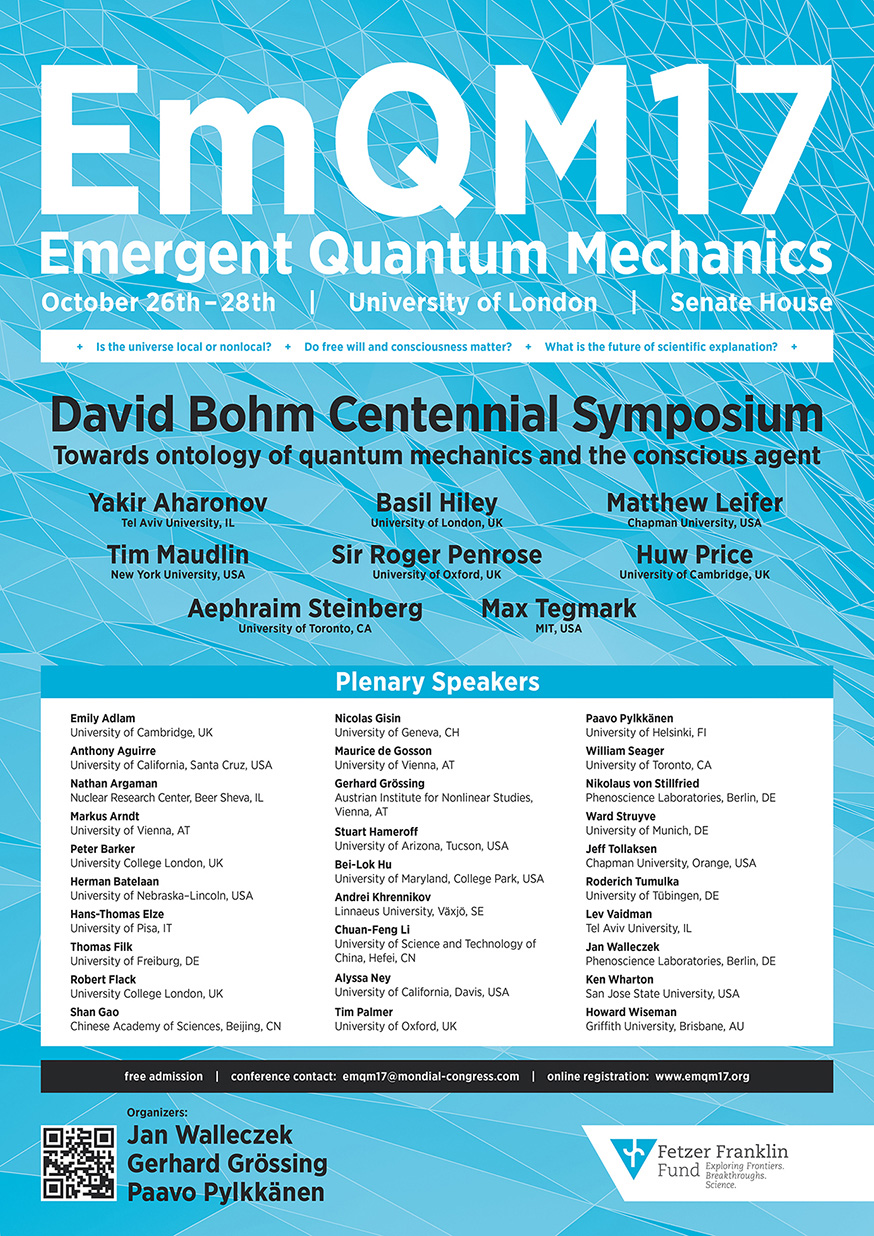Thomas Galley
Classification of all alternatives to the Born rule in terms of informational properties
The Born rule is one of the fundamental postulates of quantum theory which assigns probabilities to measurement outcomes. There have been many attempts to derive the Born rule, however these have often been deemed controversial. In this work we take a different approach and classify all possible alternatives to the Born rule. We divide the core postulates of quantum theory into two groups: the first characterises the structure and dynamics of pure states; the second the structure of measurements and the corresponding outcome probabilities. We show that all possible alternatives to this second group of postulates are in correspondence with a class of representations of the unitary group. We then explore the properties of these alternative theories, such as the number of perfectly distinguishable states, to establish how they differ from quantum theory. We find that the property of bit symmetry (which states that all logical bits are equivalent) singles out the Born rule in all finite dimensions, assuming effects are not restricted. We also discuss composition of these systems with alternative Born rules.



